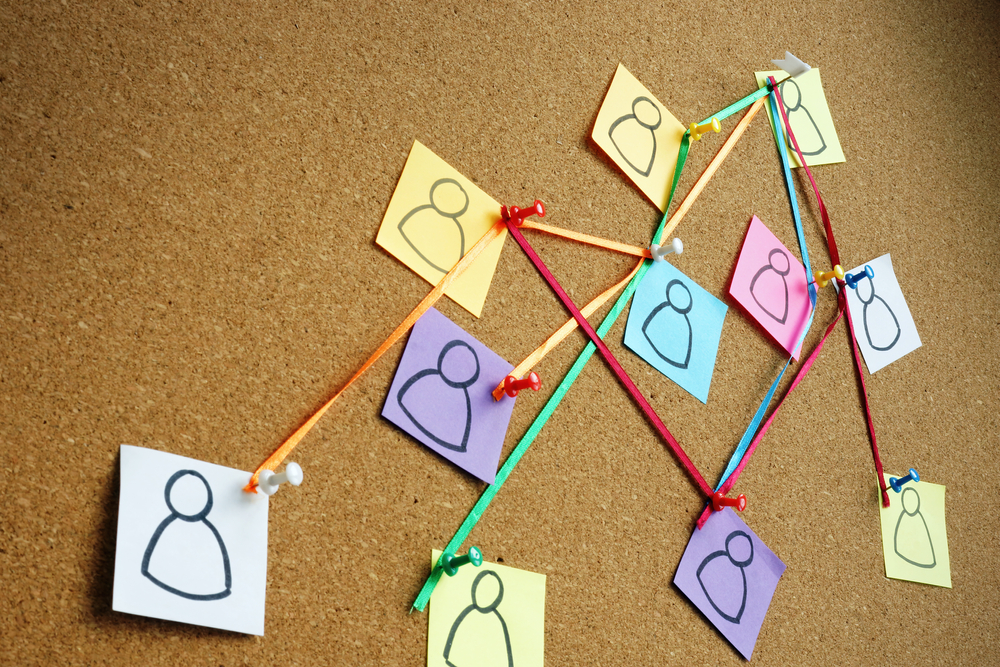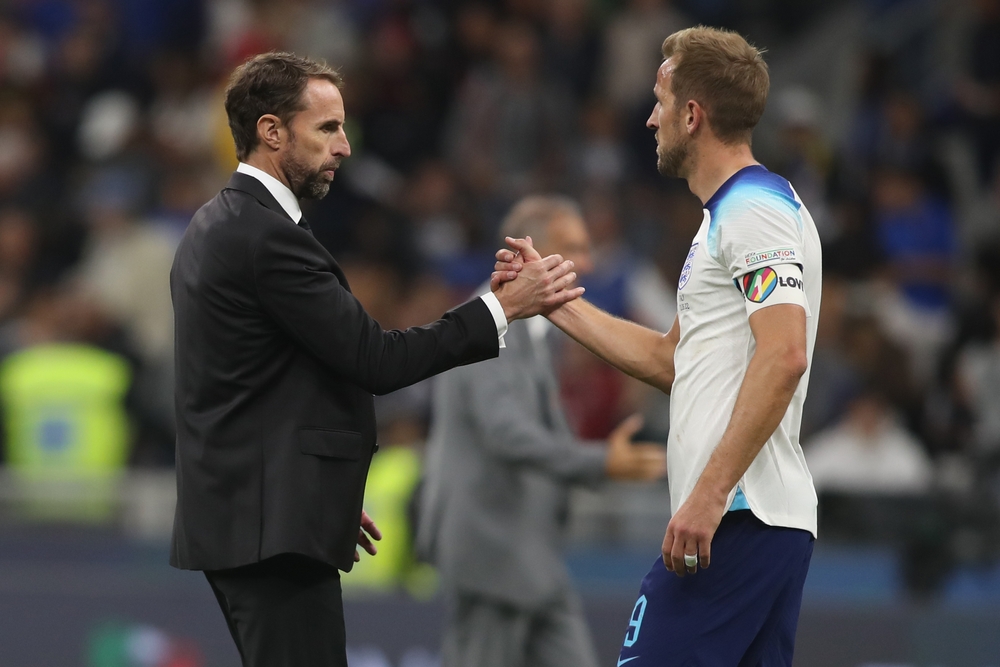Arguably, this is the most controversial coaching blog that I have yet written… The potential controversy lies in the fundamental question of: what is coaching for? Beyond skills development, or behaviour change, or adapting more skilfully to the systems our coaching clients operate in. Is the role of the coach to drive development towards any particular outcome, for example, of behaving more responsibly, more ethically, more humanely? Or are we still hiding behind the old adage that it is the client who drives the agenda, and we purely help them reach their goals. What if we don’t agree with the goals of earning more money, demolishing the competition, getting more people who can’t afford it to buy their products? Would we still coach them, and describe it as a job well done, if we helped them achieve those goals? Or do we have a more ethically responsible role? And who decides what’s ethical anyway?
These are all questions that I have been battling with for a good few years now… I don’t claim to have a definitive answer, beyond sensing that the reason most of us become coaches is to somehow change the world, its systems, and its individuals, for the better. Yes, this may sometimes involve coaching people we’d rather not be friends with, or – as I’ve written in a previous blog – speaking truth to power, but isn’t that part of our role? To affect change, or different ways of behaving, in at least one individual who would’ve otherwise remained unchallenged? And, by changing one individual – especially if they’re in a position of power – we can also help change the world, one person at a time.
The danger of this belief, even if you agree with it, is how to prevent self-aggrandisement, or us as coaches becoming as arrogant as the people we coach. The danger is of holding to the agenda of progress so firmly that we end up replacing one power system with another. Or being attached to our own agenda and outcomes even more than those of our clients.
Yet it is still a risk worth taking, I’d argue. With humility, good grace and humour, with continuing own development and supervision, and by role-modelling the kind of curiosity, openness and wider systems thinking that we would like our clients to adopt.





